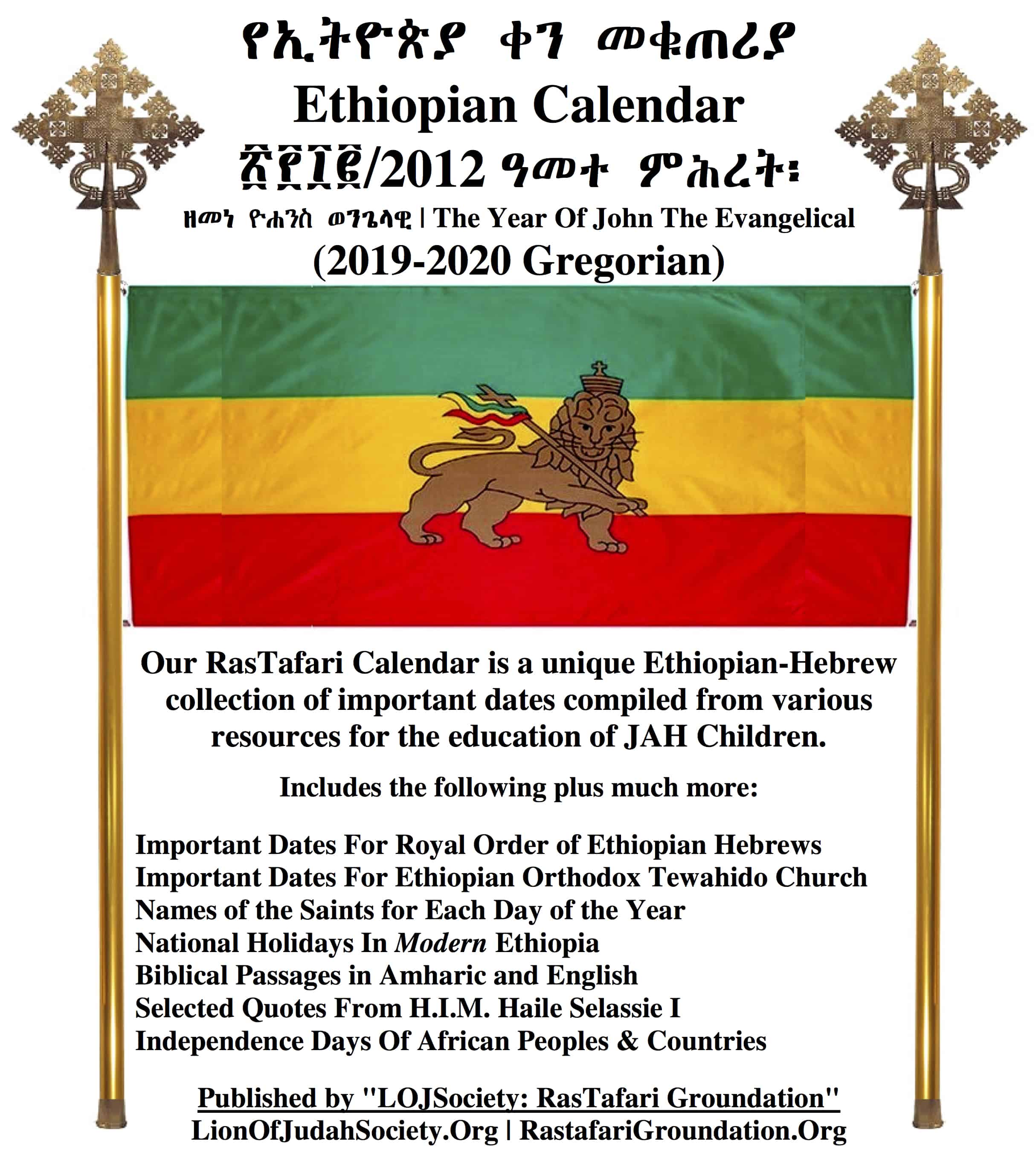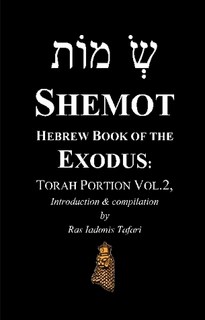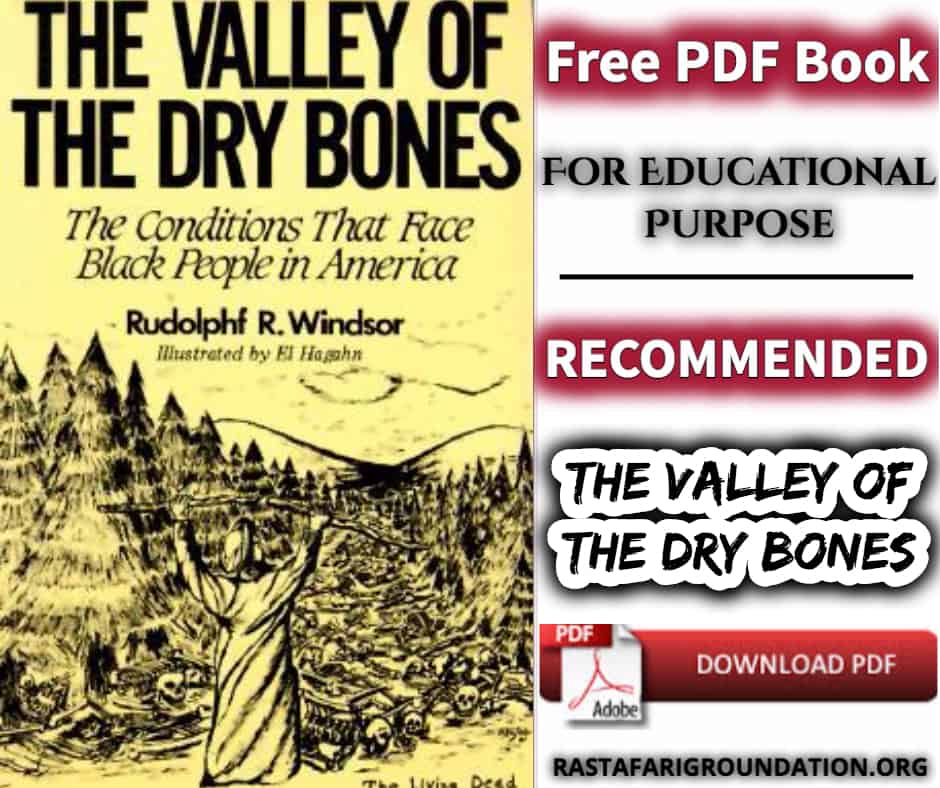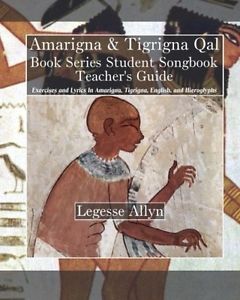Free PDF Book | KEBRA NAGAST - NEW INSIGHTS INTO OLD TESTAMENT HISTORY By Dr Bernard Leeman
The Ge’ez Kebra Nagast was redacted in the 14th century C.E. by Aksumite clerics. It is a combination of two texts, the Sheba and the Caleb Cycles, respectively describing historical events in the 10th century B.C.E. and the 6th century C.E. It is probable that the Sheba Cycle predates the 5th century B.C.E. and reached Aksum in an Arabic form, while the Caleb Cycle seems to be from the period just before the ca. 520 C.E. Aksumite invasion of Himyar. It was written in Ge’ez incorporating a Ge’ez translation of the Sheba Cycle. The Sheba Cycle tells of the meeting between Solomon and the Queen of Sheba, the birth of their son, his journey to Jerusalem, the theft of the Ark of the Covenant from Solomon’s Temple, and the establishment of an Israelite state on the Ethiopian plateau ca. 950 B.C.E. This story is supported by evidence in Ethiopia and Eritrea concerning ancient Judaic customs and beliefs, Judaic remnant groups, inscriptions, linguistic peculiarities and the cult of the Ark. Most external commentators have dismissed the contents of the Sheba Cycle as fantasy. This attitude requires reassessment now that archaeology has seriously challenged the belief that the events of the Old Testament ca. 1400 - 586 B.C.E. occurred in Palestine. Evidence from Ethiopia, the contents of the Sheba Cycle, and Josephus’s writings, extensive material from Arabia, the history of the Iron Age, recent work on place names and the Ark of the Covenant, as well as political and economic conditions in the 11th century B.C.E. Middle East all appear to support the hypothesis that West Arabia and to a lesser extent the Horn of Africa were until 586 B.C. the location of the Old Testament. **********











































































































